Updated: Nov 02, 2024 By: Marios
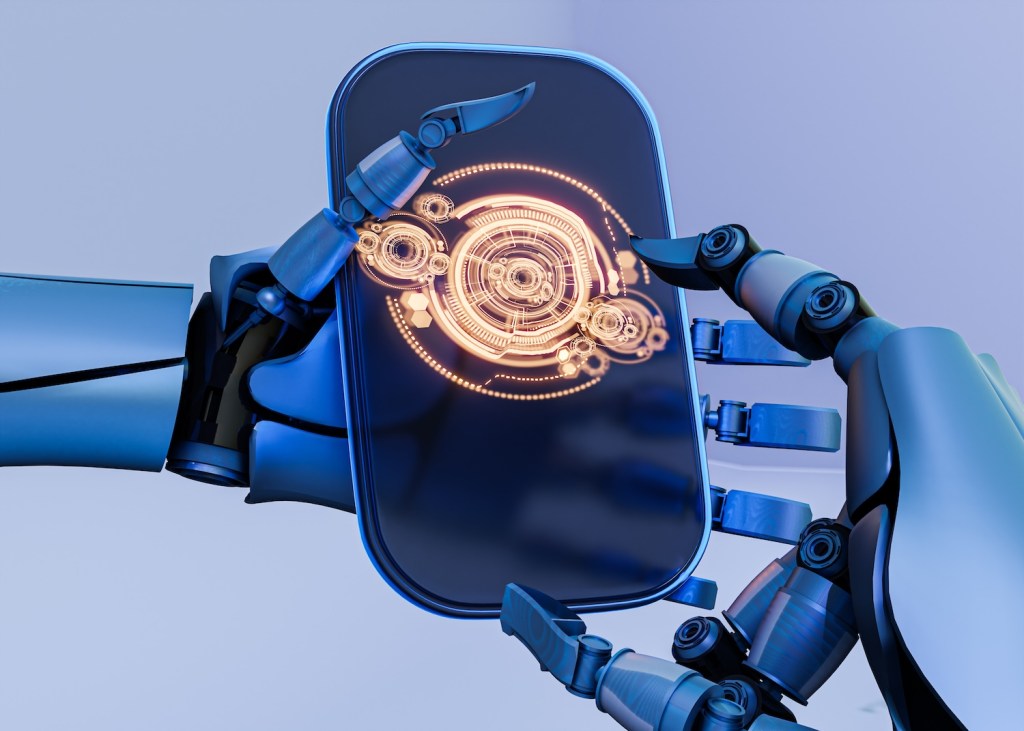
Since its increasing popularity among the masses, AI has established itself as a transformative tool. It is reshaping industries and redefining the way we live and work. From healthcare to finance, retail to cybersecurity, AI drives innovation, optimizes processes, and enhances customer experiences.
In healthcare, AI is revolutionizing diagnostics and personalized care, enabling earlier detection of diseases and proactive management of chronic conditions. Meanwhile, the financial sector makes use of AI to detect fraud and enhance investment strategies, creating safer and more personalized customer services. Many more examples of AI being used like this in various industries exist, and this article discusses a few examples. Read on to learn more.
1. Healthcare

AI-driven imaging tools have revolutionized the analysis of X-rays, MRIs, and CT scans, helping clinicians to detect conditions like tumors and fractures with remarkable accuracy, mostly before they are visible to human radiologists. This early detection is key for effective treatment and improved patient outcomes.
Advanced algorithms assess comprehensive patient data, allowing healthcare providers to predict disease progression and tailor proactive treatment plans that address individual needs. For patients with chronic illnesses, AI-based wearables and remote monitoring systems continuously track vital signs like heart rate and blood pressure, providing real-time data that facilitates timely interventions and better management of their conditions.
AI models may also analyze historical health records, lab results, and genetic data to predict the likelihood of diseases such as cancer, diabetes, or cardiovascular conditions. By flagging at-risk patients, healthcare providers can implement preventive measures early.
Acceleration of the drug discovery process is another benefit. It looks through vast datasets to identify potential drug candidates and predict their efficacy. This capability shortens the time it takes to bring new medications to market and helps researchers find more targeted therapies, making the way for more effective treatments tailored to individual patients.
2. Finance

The financial world is changing rapidly, thanks to the power of artificial intelligence (AI). Banks and other financial institutions are using AI to make their services better, safer, and more personalized. One of the biggest benefits of AI is its ability to spot unusual patterns in financial transactions. These patterns could be signs of fraud, like someone trying to steal money from your account. AI can quickly identify these suspicious activities and alert the bank, helping to protect your money.
AI is also helping financial institutions make better investment decisions. By analyzing large amounts of data, AI can identify potential risks and opportunities humans might miss. This means that your investments could be safer and more profitable.
3. Marketing
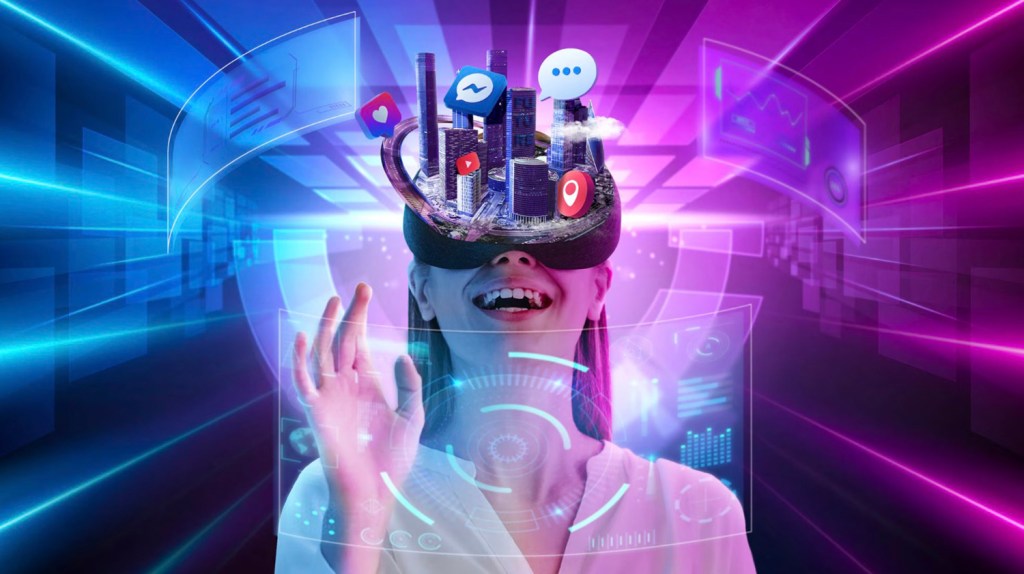
AI is making marketing more innovative and more effective. It helps businesses understand their customers better, reach them with the right message at the right time, and measure the impact of their marketing efforts. Whether it's AI in sports marketing or marketing for the entertainment sector, each business can benefit.
AI can help businesses identify the right audience for their marketing campaigns. By analyzing demographic and behavioral data, AI can identify groups most likely to be interested in a particular product or service. This allows businesses to effectively target their marketing efforts and increase their ROI.
Businesses can also create and distribute the best content for their target audience. AI-powered content optimization tools can analyze the performance of different types of content, such as blog posts, videos, and social media posts, to identify what works best. This allows businesses to create engaging and effective content that resonates with their audience.
4. Retail
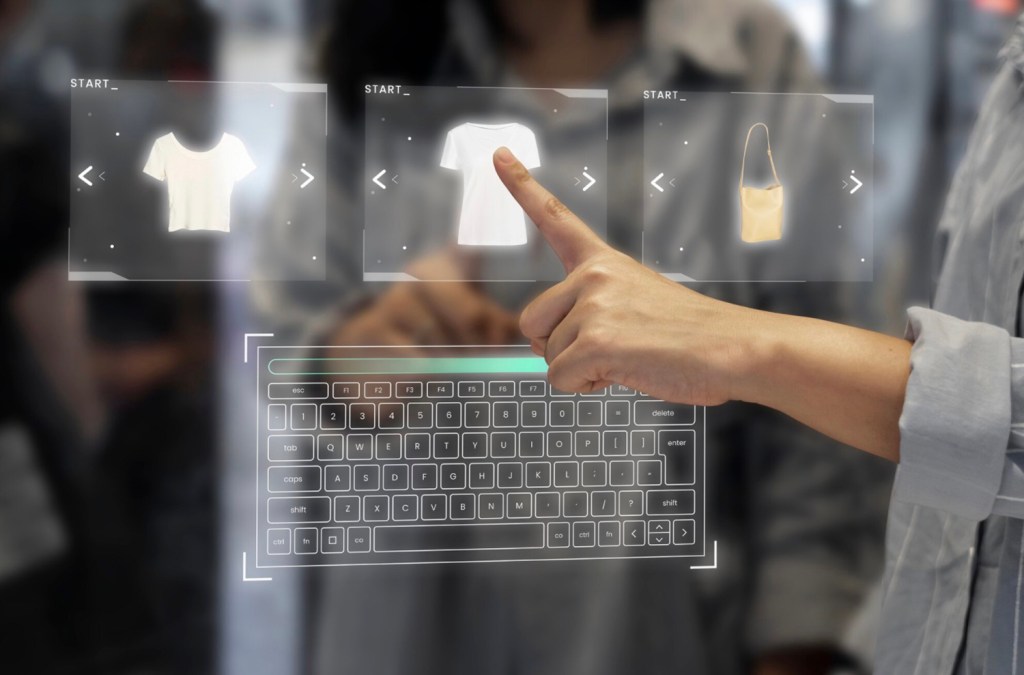
Retailers are using AI to make shopping smarter and more enjoyable. Analyzing customer data can predict popular products and ensure stores have the right items in stock, preventing shortages and reducing waste.
AI-powered recommendations can suggest products you might like based on past purchases, making it easier to find what you need. In-store AI can track how customers move around the store, helping retailers understand what products attract attention and where to place them for maximum impact.
AI-powered chatbots can also answer your questions quickly and efficiently and even help you find the right products online or in-store. This means you can get the help you need when you need it without waiting.
5. Cybersecurity

Cybersecurity has become a critical concern in today's digital age as cyber threats continue to evolve and grow in complexity. Organizations increasingly turn to AI to combat these threats as a powerful tool to enhance their security posture.
These systems can analyze vast amounts of data to identify patterns and anomalies that may indicate a potential cyberattack. Machine learning algorithms can detect unusual network traffic, flag suspicious activities, and automatically respond to threats in real-time. This proactive approach helps organizations prevent breaches and minimize damage.
AI-driven behavioral analytics can monitor user behavior patterns and identify deviations that may signal a security breach. They can detect unauthorized access, phishing attempts, and other malicious activities by analyzing user activity. This enables security teams to respond promptly and mitigate risks.
AI can help organizations stay ahead of emerging threats by continuously learning, adapting, and identifying new attack techniques and vulnerabilities by analyzing threat intelligence data. This allows organizations to strengthen their defenses.
6. Education
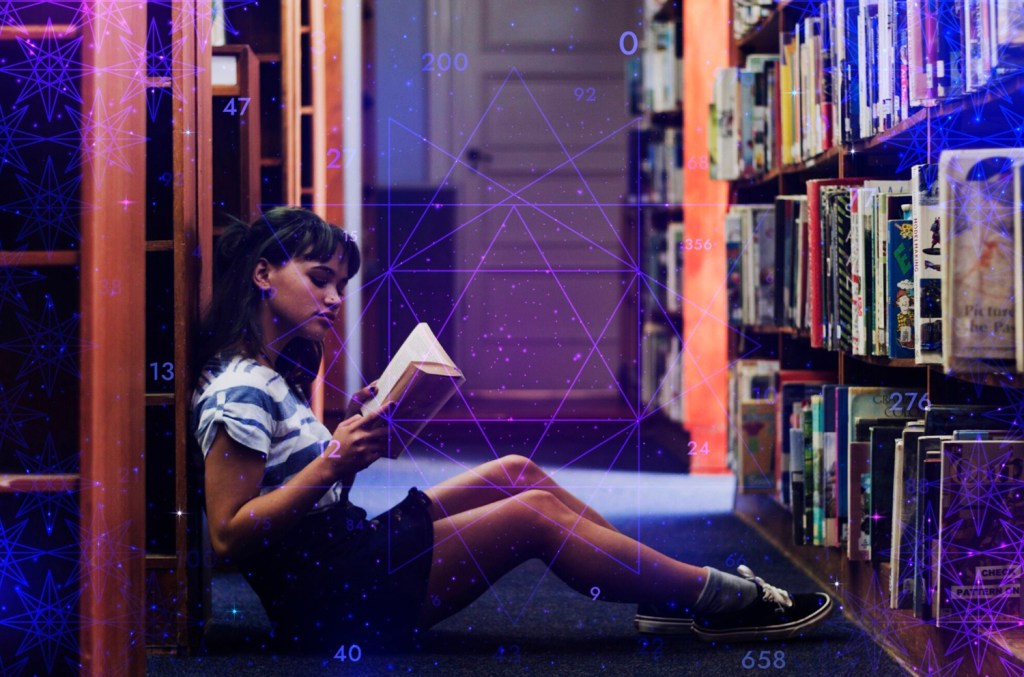
AI makes a big difference in education by making learning more personalized and efficient. For example, this can include:
- Tailored lessons: Students can create custom lesson plans according to their learning styles, creating a more engaging and personalized experience.
- Virtual tutors: AI-powered tutors are available 24/7, offering help, answering questions, reinforcing lessons, and supporting independent learning outside the classroom.
- Automated tasks: AI takes on routine tasks like grading assignments, managing schedules, and attendance tracking, allowing teachers more time for interactive teaching and planning.
- Early intervention: By analyzing performance data, AI can identify students who may be struggling and notify teachers, enabling timely support and personalized interventions.
- Enhanced learning materials: AI recommends resources and exercises tailored to each student's progress, helping them master concepts before moving forward.
These advancements make education more flexible, supportive, and focused on each student's unique learning journey.
7. Agriculture

AI is leading a transformative shift in agriculture, enabling farmers to achieve sustainable practices while boosting crop productivity. With precision farming techniques, it helps optimize water, fertilizers, and pesticides. By analyzing detailed data on soil quality, weather forecasts, and crop health, AI offers farmers actionable insights to improve crop outcomes while reducing environmental impact.
AI-powered robots also perform essential tasks such as planting, watering, harvesting, streamlining labor, and increasing efficiency. They can handle repetitive work, allowing human labor to focus on more complex aspects of farming. Additionally, AI-driven drones and sensors can continuously monitor crop health, providing real-time data that allows for the early detection of pests or diseases.
Farmers can target specific areas for treatment when issues are spotted early, reducing the need for widespread pesticide use.
8. Transportation and Logistics
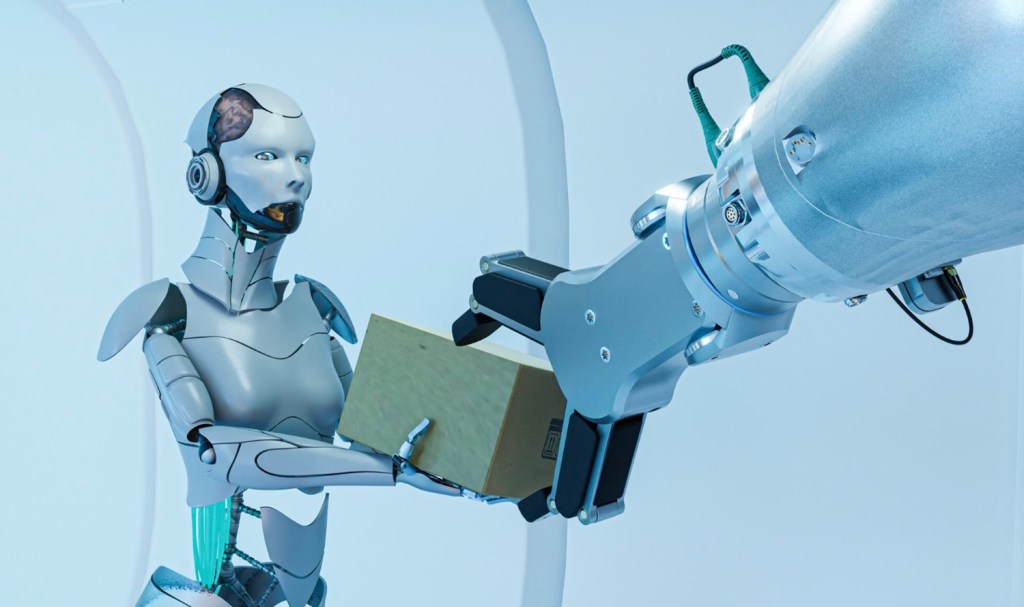
AI is revolutionizing transportation and logistics, creating a safer, more efficient, and environmentally friendly landscape. Self-driving cars, powered by advanced algorithms, could soon transport people autonomously, reducing human error, accidents, and road congestion. Logistics streamlines supply chains by analyzing data to forecast consumer demand, enabling companies to stock inventory intelligently and deliver products faster.
Predictive maintenance, another AI application, uses sensor data from vehicles and machinery to forecast potential breakdowns, allowing preemptive repairs and minimizing downtime. Cities are also integrating AI-driven traffic management systems that analyze real-time traffic flow, reducing congestion and optimizing routes, making daily commutes smoother and more efficient.
Additionally, these advancements contribute to reduced fuel consumption and emissions, promoting sustainability within the industry. Altogether, AI is enhancing transportation's functionality and pushing the sector towards a more sustainable, eco-conscious future.
9. Creative Industry

In the creative industry, AI tools revolutionize producing and consuming content. These tools can generate written content, design graphics, and even compose music, providing invaluable support for marketers, designers, and media producers. For example, AI can create social media posts, blog articles, and marketing copy, saving time and boosting productivity.
AI-based video and image editing tools also automate complex tasks such as color correction, noise reduction, and object removal, significantly streamlining the post-production process. This automation allows creators to focus on storytelling and artistic vision rather than getting bogged down in technical details.
AI also improves user experience by personalizing media and entertainment content according to individual preferences. AI can recommend movies, songs, and articles tailored to specific tastes by analyzing user behavior and preferences. This increases engagement and helps creators connect with their audiences on a deeper level.
Conclusion
AI is transforming various industries, starting with healthcare, where it enhances diagnostics and personalized care, allowing for earlier disease detection and better chronic condition management. AI detects fraud and improves investment strategies in finance, offering customers safer and more tailored services.
Retailers benefit from AI through optimized inventory management and personalized shopping experiences, which enhance customer service. In cybersecurity, AI plays a vital role in detecting threats and safeguarding sensitive data.
Beyond these sectors, AI is also making significant positive changes in education, agriculture, transportation, logistics, and the creative industry. By automating tasks, analyzing data, and providing personalized insights, AI drives efficiency, innovation, and sustainability across the board, ultimately reshaping how industries operate and deliver value.



